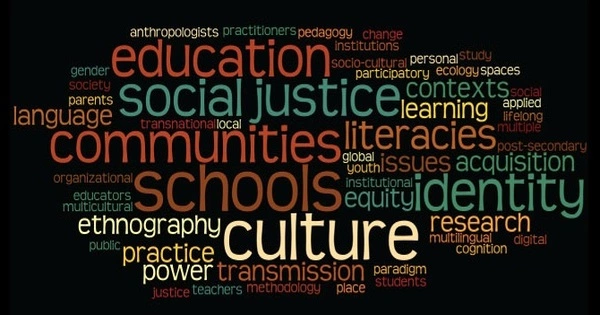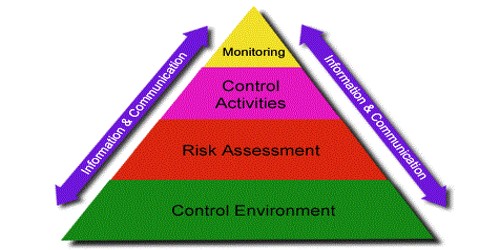Educational anthropology, sometimes known as the anthropology of education, is a subfield of anthropology best known for the pioneering work of Margaret Mead and later, George Spindler, Solon Kimball, Dell Hymes, and Jean Lave. It is a branch of anthropology that studies education in various cultural, social, and historical contexts. It tries to comprehend how education shapes and is shaped by the societies and cultures in which it takes place.
Educational anthropologists study a variety of educational themes, including as learning processes, teaching methods, educational institutions, and the role of education in individual and societal development. It became popular as a subject of study in the 1970s, thanks in large part to lecturers at Teachers College, Columbia University. The focus of educational anthropology, as the name implies, is on education, yet an anthropological approach to education tends to focus on the cultural components of education, including informal as well as formal schooling.
Key areas of interest within educational anthropology include:
- Cultural Context of Education: Educational anthropologists study how cultural ideas, norms, and values influence educational practices and how information is passed down from generation to generation. They investigate how other cultures define and prioritize education, as well as what educational aims and outcomes are valued in distinct cultural situations.
- Learning and Teaching: This field of study focuses on cross-cultural learning and teaching procedures. Educational anthropologists study how people learn knowledge and skills, the roles of instructors and mentors, and the many teaching methods and equipment.
- Educational Institutions: This branch of study looks into the organization and structure of educational institutions such as schools, universities, and informal learning environments. They investigate the responsibilities of teachers, administrators, students, and other stakeholders in these organizations.
- Language and Education: Language plays a crucial role in education, and educational anthropologists explore how language is used as a medium of instruction, communication, and cultural transmission. They also investigate issues related to bilingual education, language revitalization, and language policy in education.
- Education and Socialization: Educational anthropologists examine how education contributes to the socialization of individuals into their respective societies. They study how education influences identity formation, social relationships, and the transmission of cultural values.
- Indigenous and Minority Education: Educational anthropology often addresses the unique educational needs and challenges faced by indigenous peoples and minority groups. It seeks to understand how educational systems can be more inclusive and culturally responsive.
- Globalization and Education: With the globe becoming more interconnected, educational anthropologists investigate the impact of globalization on education, such as the spread of uniform curricula, the impact of global media, and the difficulty of cross-cultural communication.
Educational anthropologists perform fieldwork and ethnographic research to get in-depth understanding of certain communities’ or groups’ educational practices. Their work provides to a better knowledge of how education works in different cultural contexts and informs educational policy and practice, particularly in environments where cultural sensitivity and adaptability are critical.
















